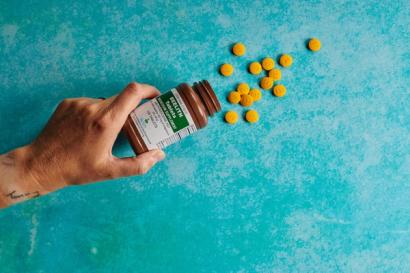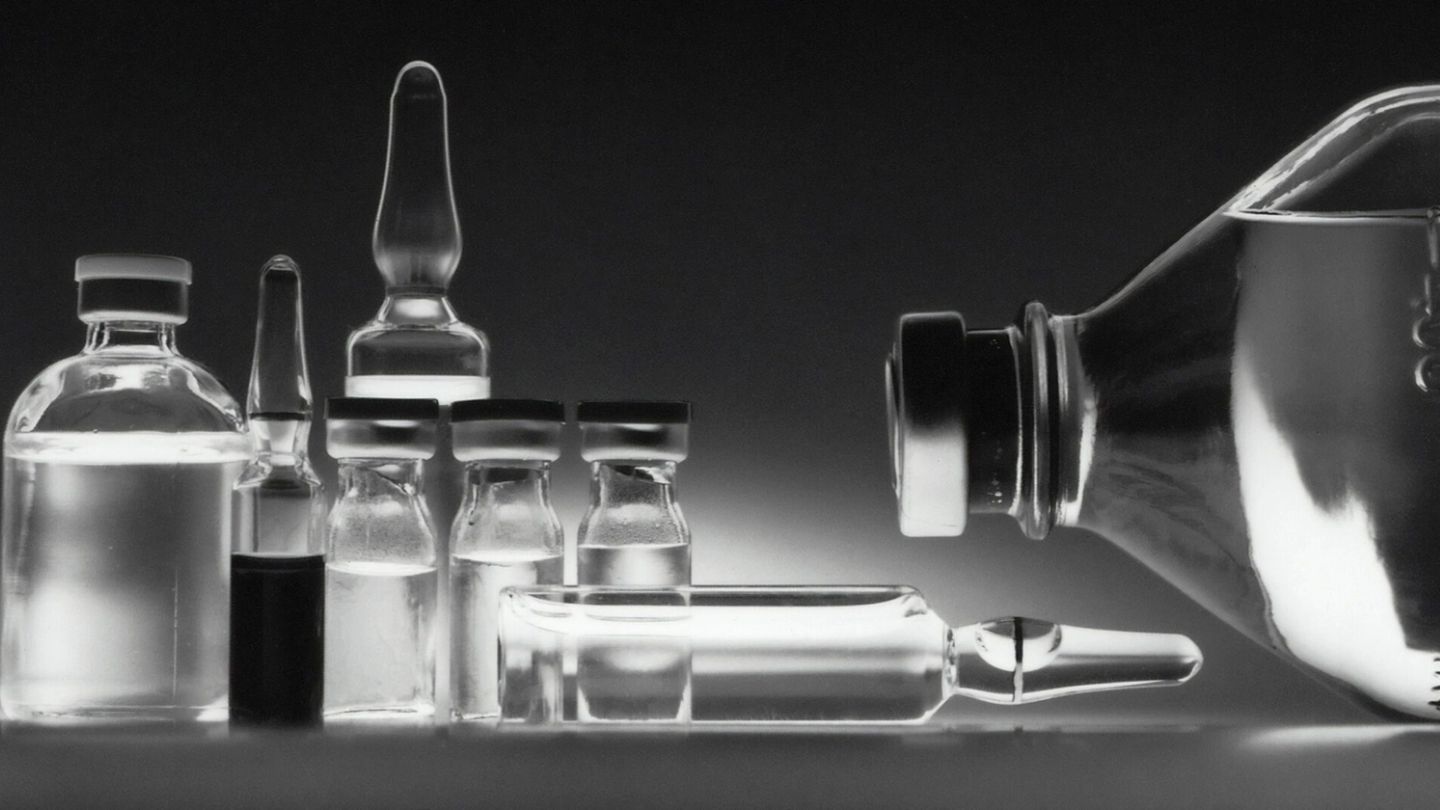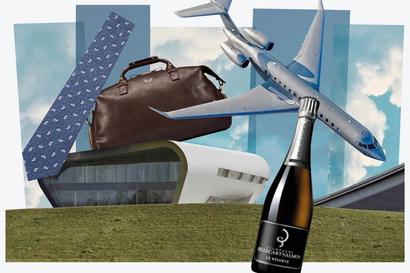

Moral high ground: What is the future of cocaine?
Antony Loewenstein, the author of Pills, Powder and Smoke, asks can there ever be such a thing as ethically-sourced drugs?
- Words: Antony Loewenstein
Cocaine is everywhere. In offices and cafes, meeting rooms and parties, homes and bathrooms, restaurants and clubs, at universities and on bank notes. It’s never been so ubiquitous in the UK (and globally). And nor has it ever been this widely available, cheap and high in purity. Order it like you’re calling an Uber on your phone. Grams of cocaine are delivered to you in London and other major cities faster than a pizza or pint in a busy pub. Street dealing is declining in popularity, due to the extensive use of CCTV cameras — and so clever technology has turbo-charged the drug trade. Dealers now use call-centres in Belgium, Spain, the Balkans and France — through encrypted numbers — to get cocaine speed-delivered to them. Drug couriers, often from Albania, enter and leave the UK and complete their business in a matter of days. Street dealers often use Ubers as drug premises, and users are happy — while the rates of cocaine use and abuse continue to soar.


